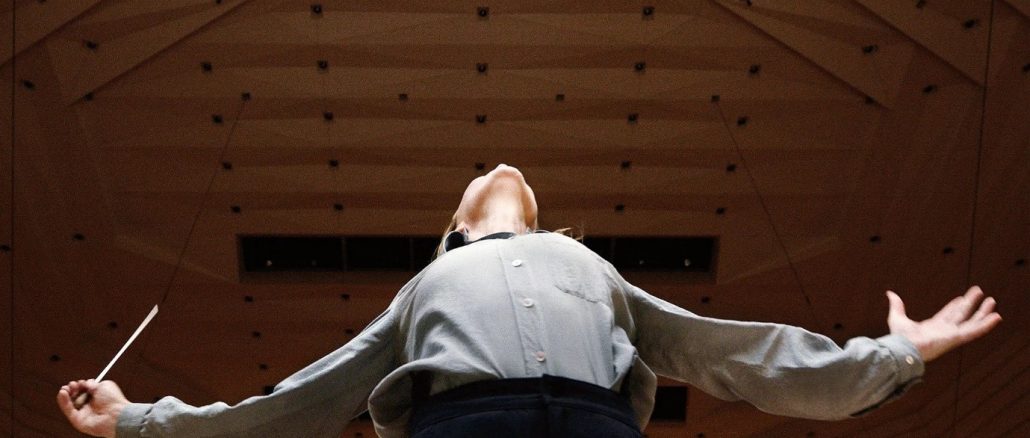
★★★★½
Tár is a truly incredible character piece. Revolving around the fictional revered composer as she is faced with both the greatest challenge of her professional career and the looming demons of her past, this psychological drama is an uncomfortable yet arresting dive into music, mania, and monsters.
Cate Blanchett’s portrayal of Lydia Tár is a tour de force, easily being one of her best performances in years. She brings so much energy and intensity to the role. She controls every single scene with her powerful presence, much like a good conductor leads an orchestra. Blanchett has several striking monologues about the power of music, and they are an absolute joy to watch. There’s such knowledge on display, and such undeniable passion. She even conducts the orchestra herself for the film. Her emphatic movements from her pedestal would have you convinced she was in fact a world-renowned composer all along, throwing her whole body into the role. There is literally a scene without subtitles where she speaks in German to her musicians, yet through her body language alone you understand exactly what she is saying. She is giving her all and is just so believable as a result.
I love when films explore the inner workings of worlds that are unknown to me, and witnessing the field of classical music through Tár’s eyes is totally breath-taking. However, an aspect I am drawn to even more is exploring the inner workings of a character’s psyche. To see Tár’s spiralling journey into obsession, controversy, and madness gives her character even more dimension. The audience begins the film by seeing her being praised for her illustrious career, on top of the world, but ultimately is forced to come to the realisation that she is a flawed idol with many skeletons in her closet.
The cinematography is some of the best I’ve seen since 2019’s Parasite. The compositions of shots are so painstakingly crafted, making for some extremely memorable imagery. The long takes of still wide shots allow the viewer to take in entire rooms all at once, providing an almost ‘fly-on-the-wall’ perspective that really immerses you into the scene. This is further complemented by the excellent shifts in camera focus and field of view. These give each frame such a perfect sense of depth and help to guide the viewer’s eyes in a very purposeful yet seamless manner.
Where the film stands out, however, is through its repeated use of mirrors. They add so much complexity to every shot, utilising every inch of the frame to tell the story. They allow for even more depth and space, and result in some of the most visually creative stills of the whole film. This is especially true when there are multiple reflections of Tár on-screen at once. These moments provoke the viewer to consider the deeper themes and symbolism at the heart of her character arc, with her being forced to face herself both literally and metaphorically. There are multiple versions of Tár, and each reflection represents another perspective different people see her from, whether as a maestro, a mother, or a monster.
However, arguably where the film impresses the most is, well obviously, through its music. Working with the London Contemporary Orchestra, London Symphony Orchestra, and Dresdner Philharmonie, the musical talent on and off-screen is the real deal. Not to mention the encapsulating yet haunting work of Joker’s Hildur Guðnadóttir, whose eerie score drives the tense atmosphere of the picture.
This is a film that needs to be seen on the biggest, loudest screen possible. To be in the cinema surrounded by speakers as the powerful sound sends shockwaves through the room is comparable to the first time I saw 2021’s Dune. Your bones rattle. Your hair stands on end. Your ears feel like they are going to pop. You feel like you are there, standing at the podium, watching a live performance. It is awe-inspiring. Tár is like a good orchestra. Every aspect is highly tuned and played to perfection, culminating in one all-encompassing, utterly captivating experience. Led by an unforgettable Blanchett in one of her greatest performances to date, this film is sure to leave your mind racing and ears ringing.
James O’Brien
